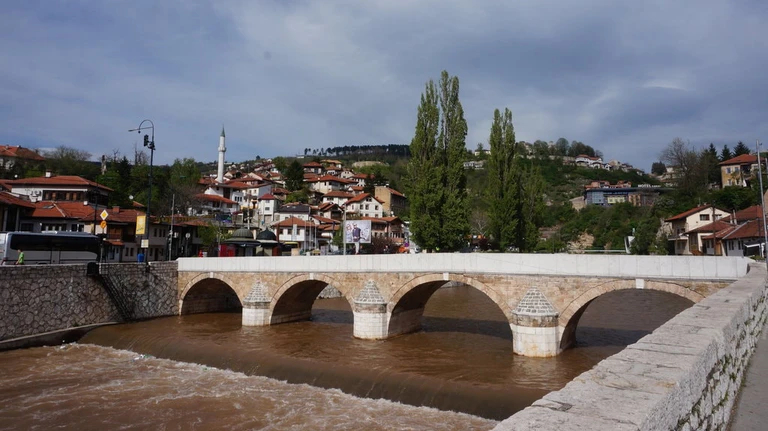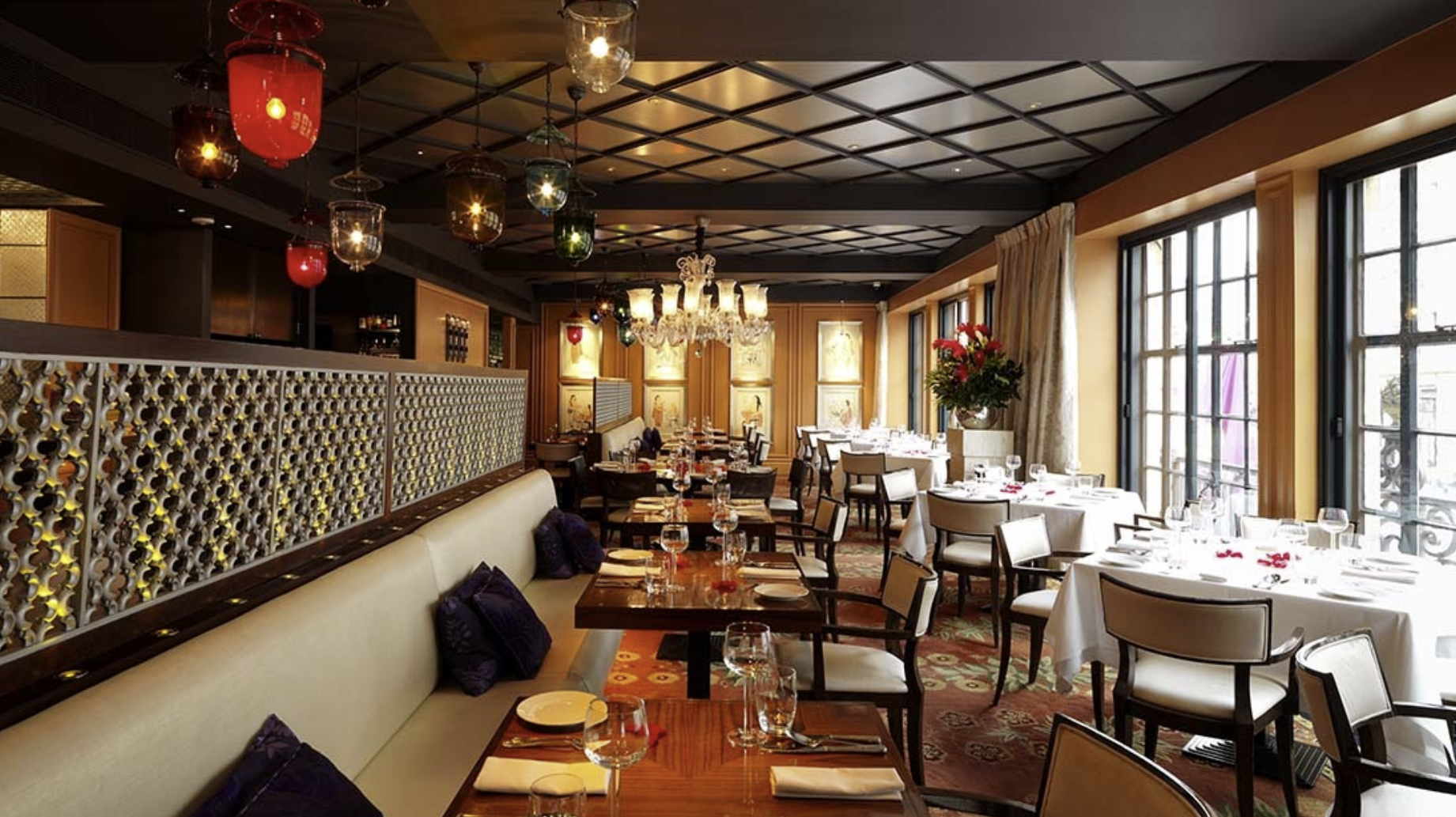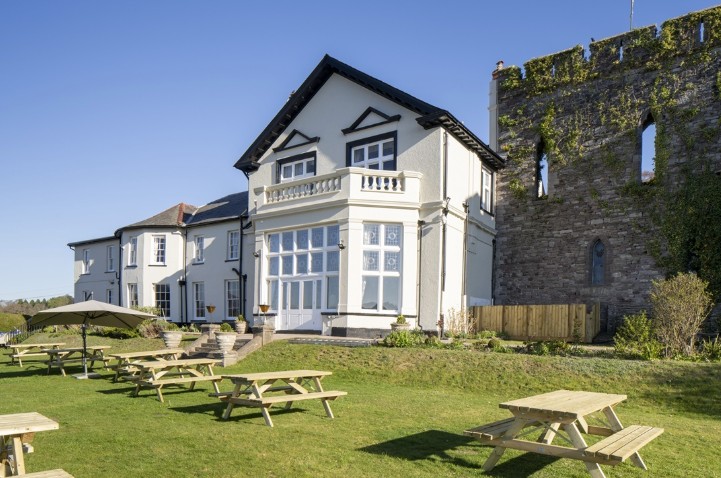
The kitchen of Bosnia and Herzegovina (Bosnian: Bosanska kuhinja) is a mixture of Western and Eastern influences. Former Yugoslav, Middle Eastern, Mediterranean and other Balkan cuisines are all represented in the cuisine. Many spices are used in Bosnian kitchenalbeit in small amounts.
The sauces are completely natural and consist of nothing but the natural juices from the vegetables in the meal; the majority of dishes are light because they are cooked in a lot of water; the sauces are completely natural and consist of little more than the natural juices from the vegetables in the dish. Tomatoes, potatoes, onions, garlic, peppers, cucumbers, carrots, cabbage, mushrooms, spinach, zucchini, dried and fresh beans, plums, milk, peppers, and pavlaka and kajmak cream are common components.
Due to Islamic dietary rules, the most common meat meals are beef and lamb, while Bosnian Croats and Bosnian Serbs may eat pork. Evapi, burek, dolma, sarma, pilav (pilaf), gula (goulash), ajvar and a variety of Eastern sweets are among the regional delicacies.












